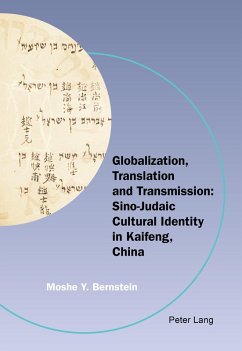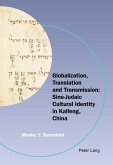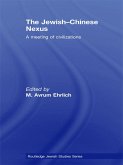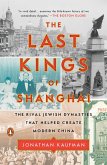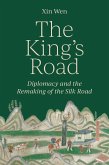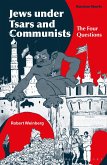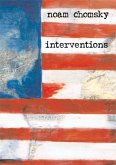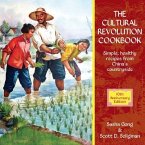Around the tenth century Jewish merchants from Central Asia arrived in Kaifeng. Welcomed by the Emperor, they integrated into China's economy, society and culture. They intermarried with their hosts, following patrilocal custom with Chinese wives adopting their husbands' Jewish traditions. In 1163 they built a synagogue, where the group, numbering 5,000 at its apex in the sixteenth century, continued to conduct Jewish rituals for seven centuries. Despite the loss of this building in 1849 by flooding, the families and clans of Jewish descent continued to recall their ancestral identity and preserved a few basic customs. In 1978 with the "opening-up" of China, foreign visitors to Kaifeng generated both a renewed interest in the group and a communal revival of its Jewish identification. This cultural revival has created both opportunities and risks, due largely to an ambivalent Chinese policy denying ethnic status to the Kaifeng Jews while allowing them limited cultural expression. This book explores how a small minority was able to transmit its blend of Sino-Judaic culture over the centuries and how their descendants are striving to revitalise that cultural heritage today.
Dieser Download kann aus rechtlichen Gründen nur mit Rechnungsadresse in A, B, BG, CY, CZ, D, DK, EW, E, FIN, F, GR, HR, H, IRL, I, LT, L, LR, M, NL, PL, P, R, S, SLO, SK ausgeliefert werden.

